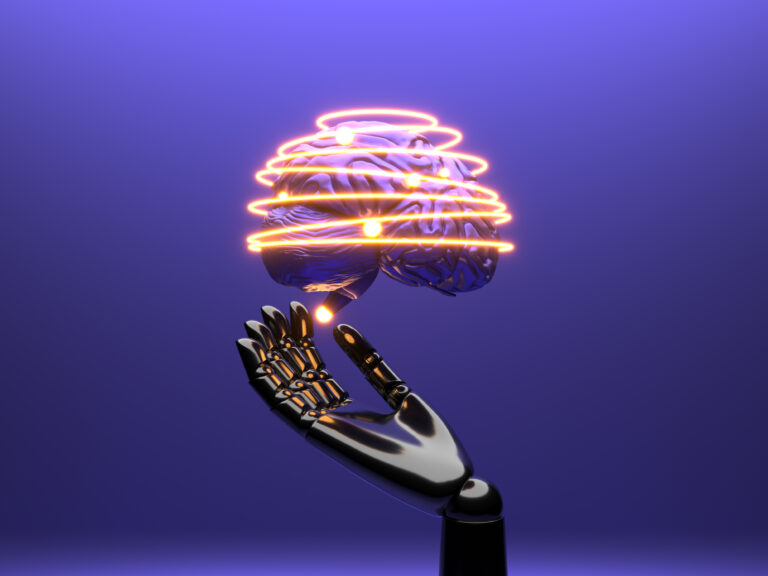AI In Optimizing Healthcare Diagnostics
Artificial Intelligence( AI) is revolutionizing the field of healthcare by significantly enhancing diagnostic capabilities. With the power to anatomize vast quantities of medical data fast and directly, AI-driven diagnostic tools are changing the way healthcare professionals discover and treat conditions. In this composition, we will explore the key part of AI in optimizing healthcare diagnostics.
Early Disease finding
- Medical Imaging: AI algorithms can anatomize medical images like X-rays, MRIs, and CT scans with remarkable accuracy, helping identify anomalies and implicit conditions at an early stage. This has been particularly affecting in fields like radiology, where AI can help radiologists in making more accurate diagnoses.
- Pathology: AI can help pathologists identify abnormal cells and tissues by anatomizing histological slides, potentially speeding up the opinion of conditions like cancer.
Personalized Medicine
- Genomic Analysis: AI can anatomize a patient’s inborn information to identify bones to certain diseases and recommend expressed treatment plans.
- Drug Discovery: AI accelerates drug discovery by anatomizing large datasets to identify implicit medicine campaigners and forecast how they will interact with specific conditions.
Clinical Decision Support
- Electronic Health Records( EHRs): AI can anatomize EHRs to identify trends, correlations, and implicit health risks, helping physicians in making informed opinions about patient care.
- Predictive Analytics: AI can predict patient issues and threats, helping healthcare providers allocate resources efficiently and identify cases that may require extra attention.
Telemedicine and Remote Monitoring
- Telehealth: AI-powered telemedicine platforms enable remote consultations and diagnostics, perfecting access to healthcare in underserved areas.
- Wearable Devices: AI can anatomize data from wearable bias to monitor cases’ vital signs and detect anomalies, supplying real-time health monitoring.
Challenges and Ethical Considerations
- Data Privacy: The use of patient data for AI diagnostics raises enterprises about data privacy and security. Strict measures must be in place to protect sensitive medical information.
- Bias: AI algorithms can inherit leanings present in training data, potentially leading to differences in opinion and treatment. pains to reduce bias are essential.
- Regulatory: blessing AI- AI-grounded medical bias and diagnostic tools require rigorous testing and nonsupervisory blessing to ensure safety and edge.
Conclusion
AI is a transformative force in healthcare diagnostics, offering quick, more accurate, and personified approaches to disease detection and treatment. While challenges similar to data privacy and bias need to be addressed, the implicit benefits of AI in healthcare are vast. As AI technologies continue to advance and integrate into medical practice, they hold the pledge of perfecting patient issues, reducing healthcare costs, and reshaping the way healthcare is delivered and accessed around the world. The future of healthcare diagnostics is undeniably intertwined with the capabilities of AI, offering opportunities for additional effective and effectual healthcare systems.

Share in your social media if this article is useful









